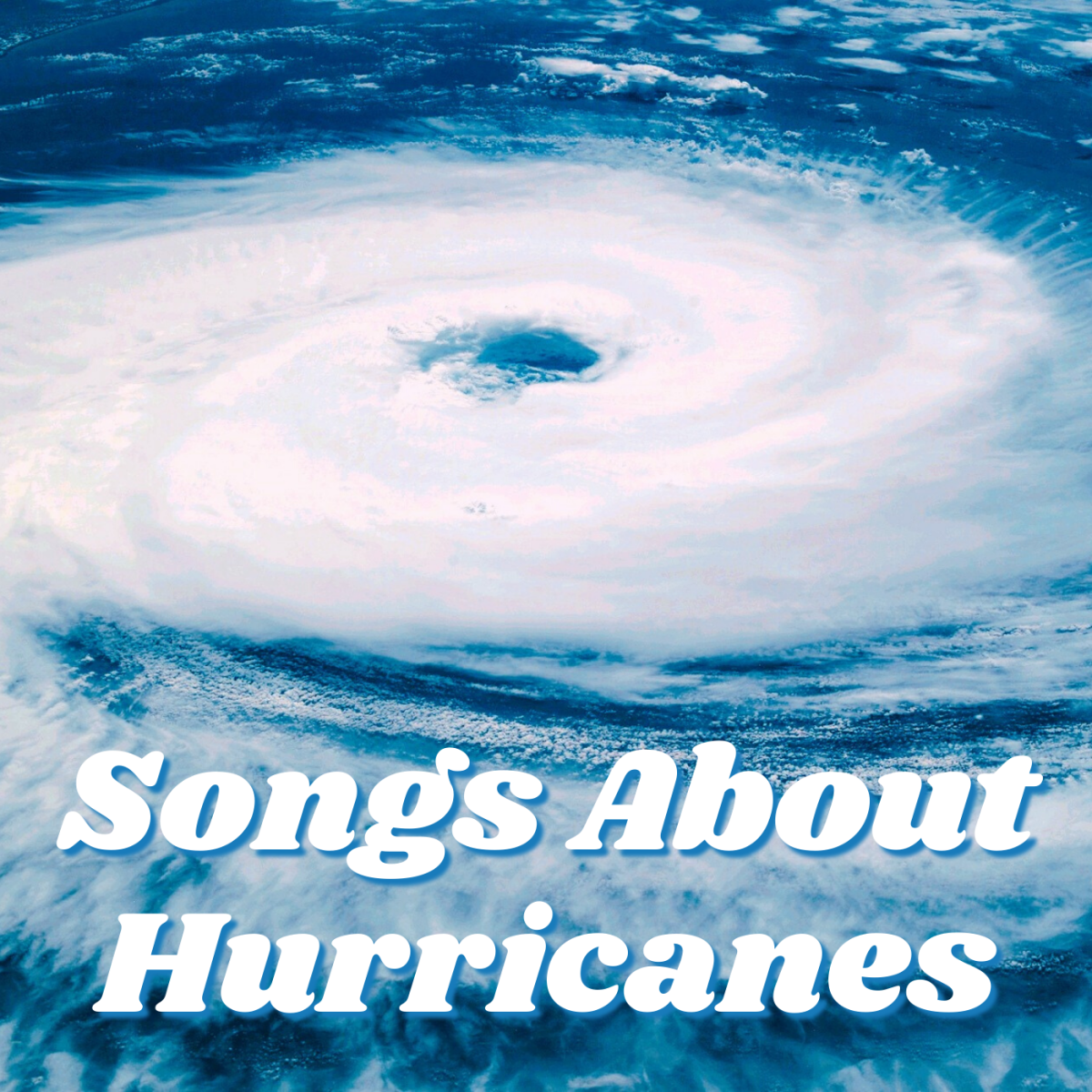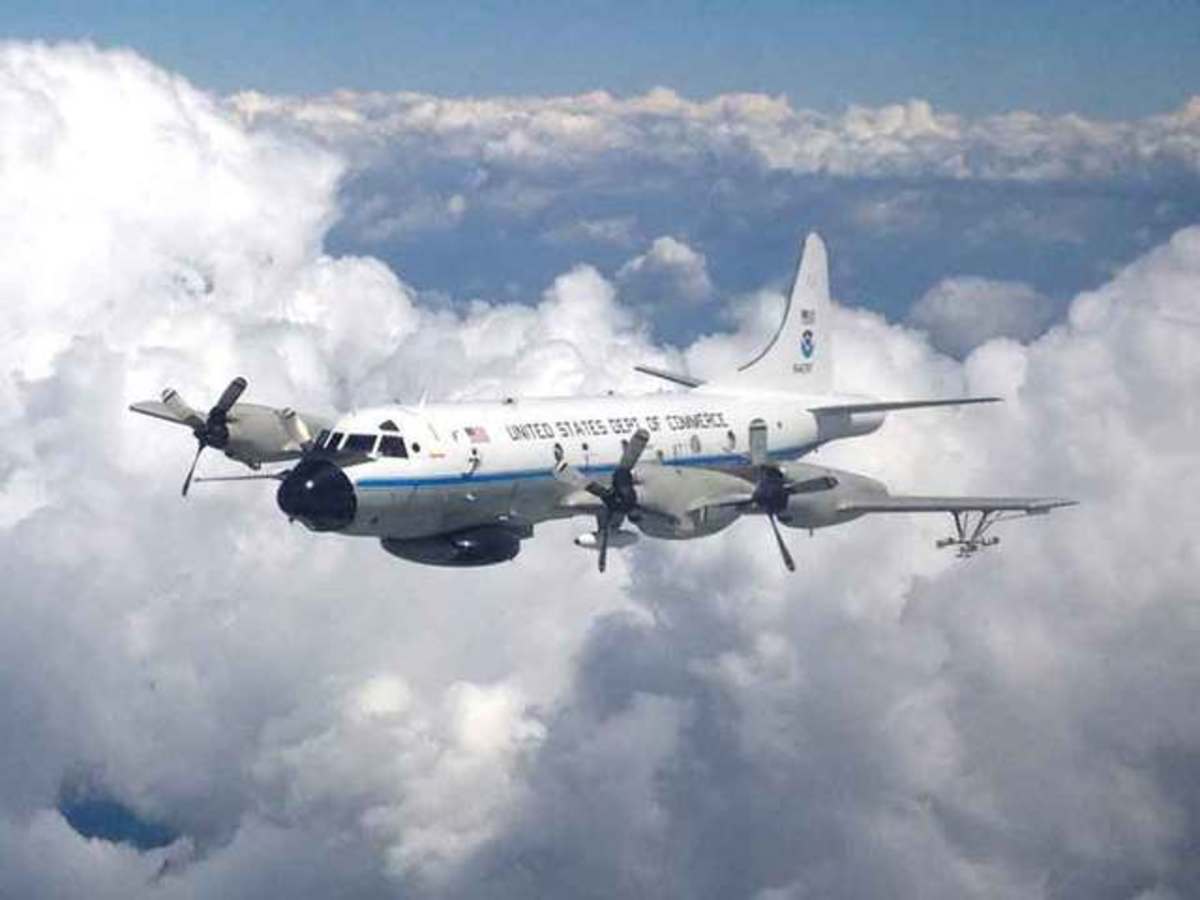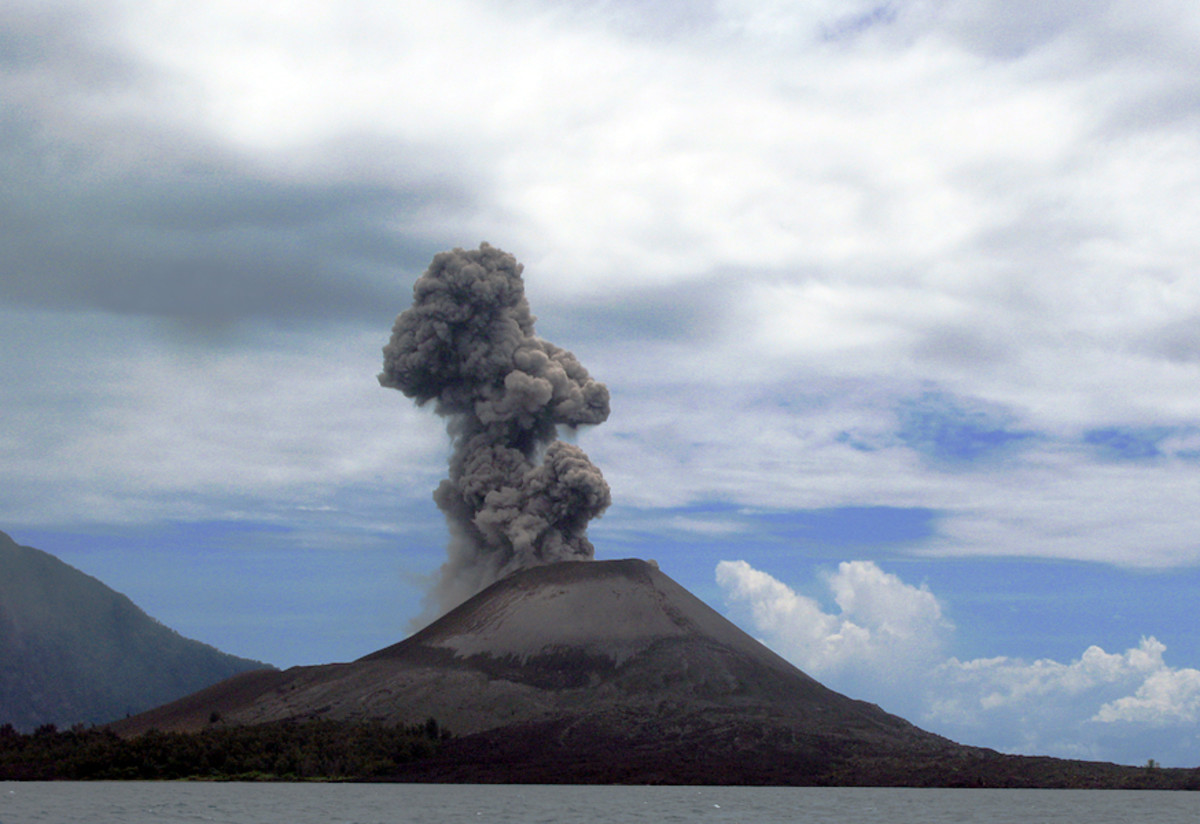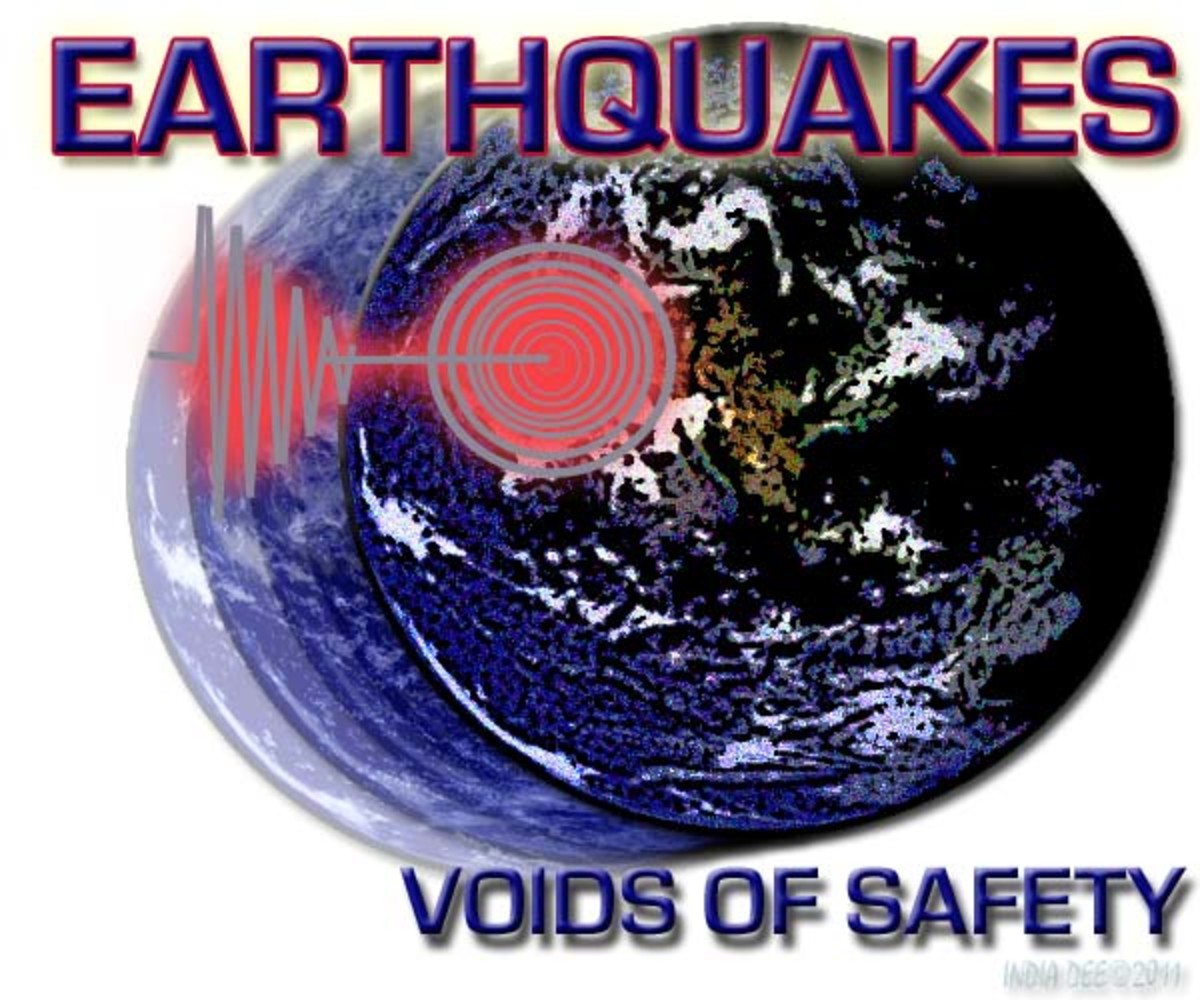What Would You Do In the Event of a Hurricane?
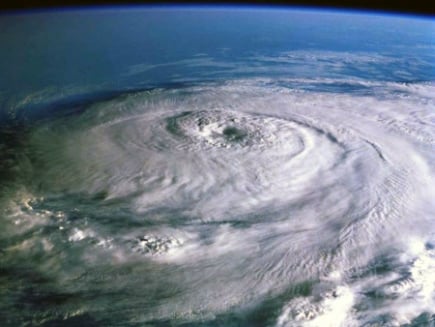
Would you evacuate, or chance riding out the storm?
Hurricane season brings with it a lot of surprises. Just when you think a storm is not going to present a problem, it becomes one of the biggest problems you’ve ever had to deal with in your lifetime. A category 1 hurricane, like Hurricane Isaac who made landfall on the south eastern coast of Louisiana on August 29, 2012 can be as dangerous as a category 5 hurricane. It has been proven that size and categorization does not matter as much as being in the wrong place at the right time.
So just what would you do in the event of a hurricane? Would you leave at the first sign of high winds, or would you take a chance at riding it out? Don’t be so quick to answer this question before you read this article in its entirety. I am sure if you are honest and open-minded, you will have a different perspective about hurricanes, as well as the people who are forced to make critical decisions concerning their safety in the event of a hurricane.
On August 29, 2005 Hurricane Katrina inundated the city of New Orleans. Hurricane Katrina was a very strong category 4 hurricane. Many people evacuated and many did not; I was among those who did not. I was born and raised in New Orleans and I am about as “Naturally New Awlins” as they come, and the one thing that New Orleanians all have in common is hurricane experience.
If you live in New Orleans you quickly learn how to respect hurricanes because all hurricanes are equal opportunity killers. My experience with hurricanes has taught me that there are several reasons why a person would gamble with their life against the odds of nature, especially if the odds are as unpredictable as a hurricane. I think people who live in areas that are prone to the threat of hurricanes can be divided into three groups. They are:
Group 1—People who love their ‘stuff’
Some people decide not to evacuate because they are in love with their stuff. That’s right, they are so in love with their stuff—their hard earned appliances, electronics, and God knows whatever else they have hidden in their house, that they cannot bear the thought of someone taking their stuff. They want to be certain that no one steals their stuff while they are sitting in a motel room some three hundred miles from their home. To guarantee the safety of their stuff they will purposely stay behind to protect their stuff. Do not think for one minute that these people are not serious about their stuff, because they are so serious, they will actually kill you for a $100 microwave oven.
My wife and I were trapped in the City of New Orleans for five days and personally I thought the media devoted too much time and energy to their insane reports of looting. Of course there was some looting, as anyone who has ever been caught in the middle of a crisis would, or should expect, but the whole looting thing during Hurricane Katrina was overrated. I know because I was there.
Group 2—Adventure lovers
Now this is one reason for riding out a hurricane that I could never understand, but there are people who gamble with their lives purely because they are daring and they like the excitement of doing the unthinkable and attempting to do the impossible. These adrenaline lovers actually get a rush from braving sustained hurricane force winds, flying debris, and off the charts record breaking rain totals. These adventure lovers have been known to throw “hurricane parties” to celebrate the arrival of a killer hurricane. Needless to say, very few of these misunderstood people have been known to survive these ridiculous parties.
Group 3—The have-nots
There is a third group of people who brave the raw forces of nature, but it is not by choice. They are people who simply do not have the resources to evacuate. As a result of their lack the only choice they are left with is to buckle down and ride the storm out.
It costs a great deal of money to run from a Hurricane, but before we figure the cost of evacuating, you should be aware of a few basics:
Evacuation 101—the Basics
Know the rules
You might say that hurricanes have personalities and no two hurricanes are alike. A hurricane can be as small as 100 miles across or as large as 400 miles across. So in order to escape risking certain destruction from the violent wind, rain and tornadoes that accompanies a hurricane you must travel a minimum distance of 200 miles. For a storm the size and strength of Hurricane Katrina you would have to travel at least 300 miles from the eye of the storm to be safe.
Direction and distance of evacuation is important
Hurricanes weaken as they move across land, therefore many people assume that if you travel far enough from the place where a hurricane makes landfall it doesn’t matter which direction you run, as long as you run. However, direction in which you evacuate is important to your safety. Since a hurricane rotates counterclockwise and though it may be moving on a northerly path, at some point after making landfall it will naturally turn toward the east. If you were to evacuate toward the north, or the east you could be in its path, so to be on the safe side always, ALWAYS evacuate to the west.
In the 1990s southern states like Mississippi and Louisiana adopted hurricane evacuation routes from coastal areas using what has become known as contraflow lane reversals on Interstate Highways. Contraflow enables all traffic to flow in a westward direction.
Be prepared
Preparation is more than half the battle so it is important that you be prepared. Technology has allowed us to be able to track the path of a hurricane and have a general idea of the most likely path it might travel. At the threat of a possible threat of a hurricane keep your automobiles filled with fuel, stock plenty water and can goodsFor the duration of hurricane season When devising an evacuation plan you should be prepared to spend at least three days away from home, and always be mindful that you may not have a home to return to. Always be prepared for the worst case scenario.
I don’t think anyone who evacuated the City of New Orleans for Hurricane Katrina was prepared for such a long stay away from their homes. It was weeks after the storm before anyone could return to the city.
How Much Does It Cost to Evacuate?
So, how much money does it take to evacuate in the event of a hurricane? Let’s do the math. For an average family of four (mom, dad, and 2 children), it costs on average a minimum of about $500 each time they evacuate at the threat of a hurricane. Here is a quick breakdown of the money:
Gas
The threat of flooding and the force of the wind from a hurricane can be felt as far as four hundred miles, so the average distance you will need to travel to be in the “safety zone” is at least three to four hundred miles from the center of the storm. Such a trip would require at least two tanks of gasoline, a cost of about $120.
Lodging
A motel room with two double beds costs between $79 and $89 at the most reasonable motel chains such as Motel 6 and Days Inn. But during a hurricane you can expect to pay more, so it would be safe to surmise that to house a family of four for three nights would cost about $85 x 3 = $255 plus tax, or roughly $280.
Food
Finding ice to keep refrigerated foods such as cold cuts and salads will present a big challenge, so you might have to compromise eating healthy for the few days that you plan to be away from your home. There is a large money gap between eating cheap and eating healthy. If you’re a careful planner you might be able to provide three meals for a family of four for around $100 a day.
Given the prices mentioned above are a reasonable representation of what it might cost to evacuate a family of four and stay away from home for a period of three days, it would cost approximately $500 which could vary considerably depending on availability of services and resources.
Could You Afford to Evacuate For a Hurricane?
Most people who live in regions that are prone to hurricane threats did not voluntarily choose to live there because it is a tropical paradise. Most are poor people who cannot afford to just pack up their belongings and move to another region. Now that you have a general knowledge of hurricanes and what is involved in the evacuation process could you afford to evacuate for a hurricane each and every time a hurricane threatened your region? While it does not make sense to ride out a storm when you have limited resources you have to ask yourself could you afford to evacuate in the event of a hurricane in your region?

